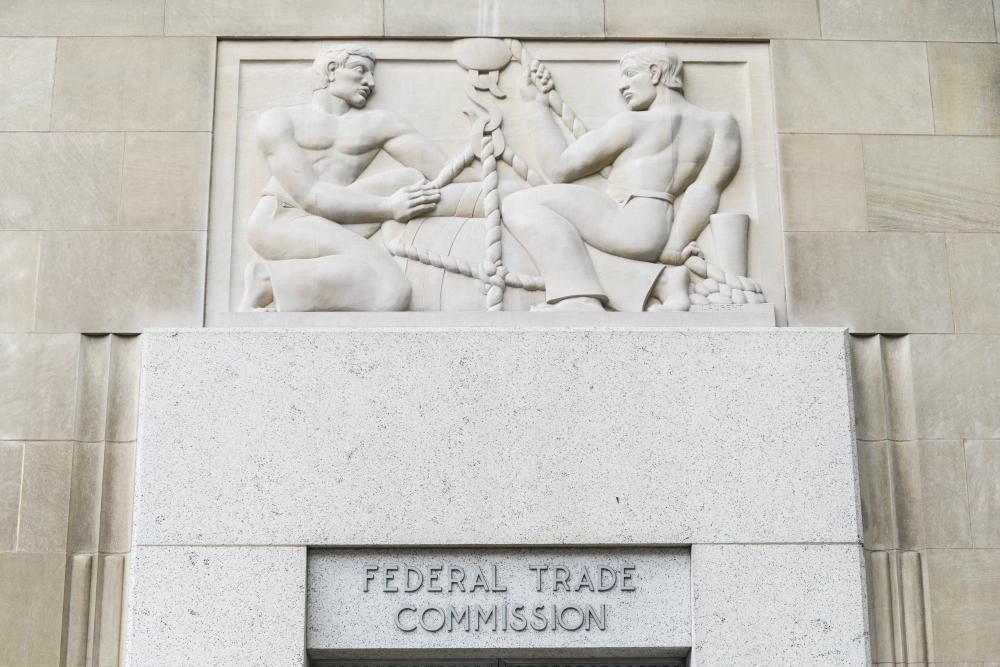Data privacy attorneys from Wiley on Monday offered a rundown on the process for responding to an FTC inquiry.
Facebook must confront a consumer protection lawsuit after the District of Columbia Court of Appeals revived it Thursday. A lower court applied the wrong legal standard when it dismissed the case in 2022, the appeals court said.
With federal agencies deemphasizing rulemaking and enforcement, “states are advancing more prescriptive cybersecurity standards for financial institutions, including many that align with the approach and standards set by the New York Department of Financial Services (NYDFS),” the Cooley law firm blogged Wednesday.
Sens. Marsha Blackburn, R-Tenn., and Amy Klobuchar, D-Minn., on Wednesday restarted the Senate's privacy legislation conversation with a hearing exploring what “core principles” and state protections could be incorporated into a federal bill.
Consumer advocates, industry representatives and a former FTC investigator will address proposals for a federal privacy law that either supersedes state laws or moves beyond them when they testify Wednesday before the Senate Privacy Subcommittee (see 2507240037).
States should amend comprehensive privacy laws to remove loopholes for consumer reporting agencies (CRAs), the Electronic Privacy Information Center (EPIC) said in a white paper released Tuesday.
Upholding the firing of FTC Commissioner Rebecca Kelly Slaughter “destroys the independence” of the agency and hinders its ability to conduct its mission, U.S. District Judge Loren AliKhan ruled in a filing Thursday.
A federal court should continue blocking FTC Commissioner Rebecca Kelly Slaughter from returning to the commission because the “balance of harms” favors the Trump administration, DOJ argued Wednesday in a reply brief.
House Democrats on Wednesday filed legislation that would ban AI companies from using consumers’ personal data to set prices or wages, as expected (see 2507160067).
The White House on Wednesday released its AI Action Plan, directing federal agencies to potentially withhold discretionary funding from states with AI regulations that “hinder” innovation. California's privacy agency and legislators from two other states rebuked the proposal.
